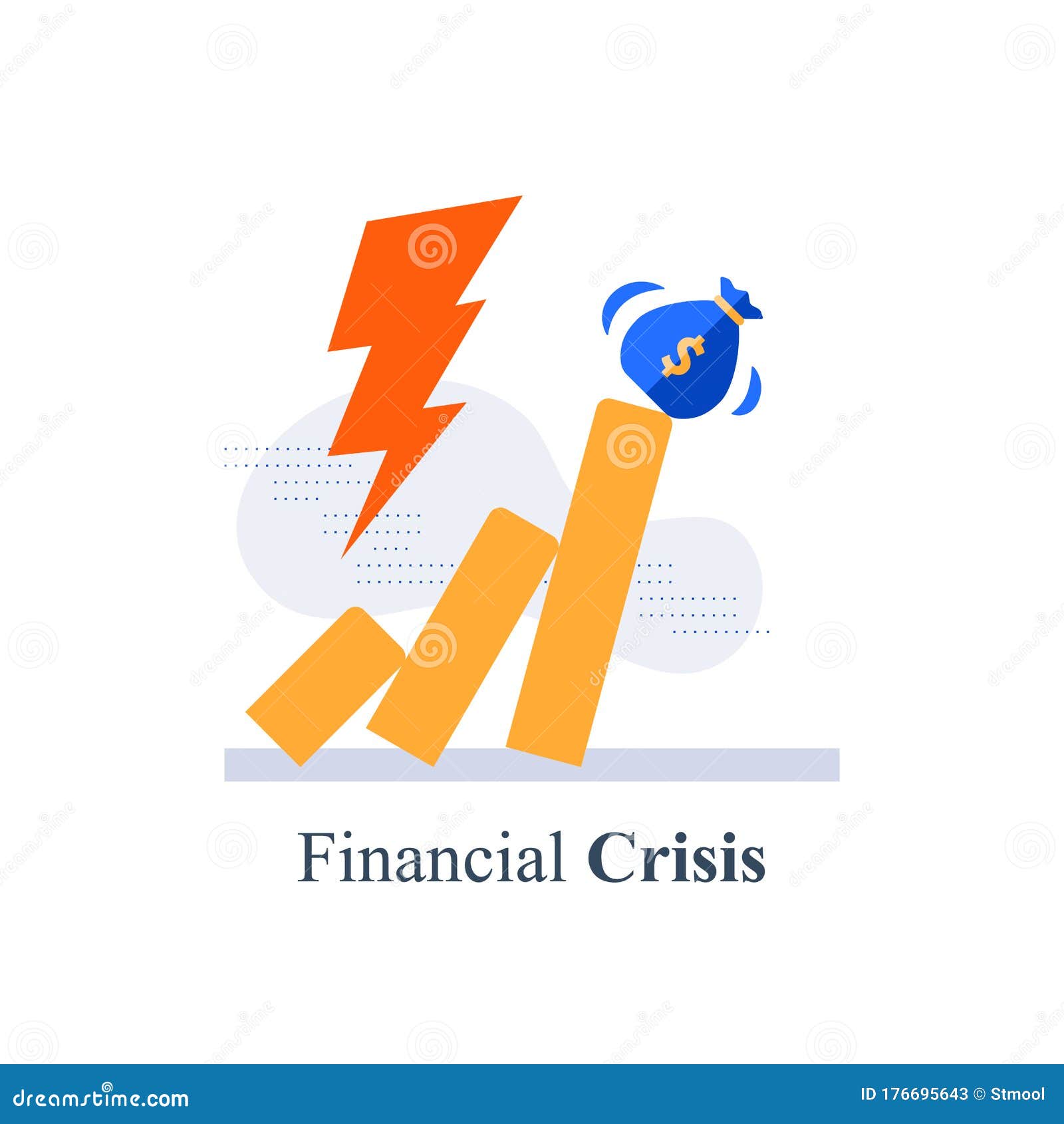Harvard Faces $1 Billion Funding Cut: Trump Administration's Anger Explodes

Table of Contents
The Magnitude of the Proposed Cuts and Their Impact
The $1 billion figure represents a potential catastrophic blow to Harvard's operations. While the exact breakdown remains unclear, it's understood to be a combination of direct funding cuts and a significant reduction in future grant awards. This isn't merely a trimming of budgets; it's a potential evisceration of vital programs and services.
-
Specific programs affected: The cuts are expected to impact research grants across various departments, including but not limited to the sciences, humanities, and social sciences. Student financial aid, a cornerstone of Harvard's commitment to accessibility, is also under threat. Specific departments facing potential significant reductions include the Kennedy School of Government and the Law School.
-
Potential job losses: The projected funding reduction could lead to significant job losses among faculty, researchers, and administrative staff. The exact number remains uncertain, but the scale of the cuts suggests substantial layoffs are highly probable.
-
Impact on research projects and future innovations: The reduction in research funding will inevitably hamper ongoing projects and severely limit the ability to initiate new research endeavors. This could stifle innovation and negatively impact Harvard's contributions to scientific advancement and societal progress. This includes potential delays or cancellations of groundbreaking research in areas such as medicine, technology, and climate science.
-
Effect on student enrollment and tuition costs: The funding cuts may necessitate an increase in tuition fees to compensate for the loss of revenue. This would disproportionately affect low-income students and potentially reduce access to Harvard's educational opportunities. Reduced financial aid could also force some students to withdraw.
Reasons Behind the Trump Administration's Actions
The administration's animosity towards Harvard stems from a confluence of factors, primarily revolving around accusations of bias and political leanings.
-
Allegations of bias or discrimination: The administration has leveled accusations of discriminatory practices against Harvard, alleging preferential treatment of certain applicant groups in the admissions process. These claims have been the subject of ongoing legal battles and intense public debate.
-
Political affiliations of faculty and students: The administration has also expressed displeasure with the perceived liberal bias within the Harvard community, citing the political affiliations of faculty and students as a factor influencing its decision.
-
Criticism of specific university policies: Specific university policies and stances on certain social and political issues have also drawn criticism from the administration, further fueling its anger. This could include policies regarding free speech, diversity initiatives, or support for specific political causes.
-
Legal battles and controversies: The ongoing legal battles surrounding allegations of discriminatory admissions practices have undoubtedly intensified the conflict and contributed to the administration's decision to implement these drastic funding cuts.
Reactions from Harvard and the Wider Academic Community
Harvard has responded to the proposed cuts with a mixture of outrage and determined resistance.
-
Statements from key officials: Harvard's President has issued strongly worded statements condemning the administration's actions, emphasizing the detrimental impact on research, education, and the broader academic community.
-
Planned strategies to mitigate the impact: The university is exploring various strategies to mitigate the damage, including seeking legal redress and appealing for support from other institutions and philanthropists.
-
Potential legal challenges: Harvard is likely to mount a significant legal challenge against the funding cuts, arguing that the actions are politically motivated and violate principles of academic freedom.
The wider academic community has expressed widespread alarm and concern. Other universities have voiced their solidarity with Harvard, recognizing the potential implications for higher education funding across the country. Student groups are organizing protests and advocating for the reversal of the cuts.
Potential Long-Term Consequences of the Cuts
The implications of these funding cuts extend far beyond Harvard's campus, posing a grave threat to the future of higher education in the US.
-
Chilling effect on academic freedom: The action sets a dangerous precedent, potentially chilling academic freedom and discouraging open inquiry and debate. Universities may self-censor research and viewpoints to avoid potential political retribution.
-
Impact on higher education funding: This drastic cut could embolden other administrations to impose similar measures on universities perceived as politically opposed, jeopardizing funding for higher education institutions nationwide.
-
Implications for future research and innovation: The reduction in funding for research will inevitably hinder progress in various fields, with long-term consequences for scientific advancement and technological innovation.
-
Influence on political discourse: The incident fuels an already tense political discourse surrounding higher education, further polarizing views on the role of universities in society.
Conclusion
The potential $1 billion in Harvard funding cuts represent a significant threat to academic freedom and the future of higher education. The magnitude of the proposed cuts, the reasons behind the Trump administration's actions, Harvard's response, and the potential long-term consequences for higher education are deeply concerning. This unprecedented event underscores the vulnerability of higher education institutions to political pressures and the vital need for sustained and unbiased funding. The potential for similar actions against other universities highlights the seriousness of this situation. Stay informed about further developments in this critical situation concerning Harvard funding cuts and the broader implications for universities across the nation. Engage in respectful dialogue and advocate for policies that support robust and unbiased funding for higher education.

Featured Posts
-
 Putin Ends Ukraine Truce Renewed Offensive In Eastern Ukraine
Apr 22, 2025
Putin Ends Ukraine Truce Renewed Offensive In Eastern Ukraine
Apr 22, 2025 -
 Addressing The Challenges Of Robotic Nike Sneaker Manufacturing
Apr 22, 2025
Addressing The Challenges Of Robotic Nike Sneaker Manufacturing
Apr 22, 2025 -
 Sweden And Finlands Military Collaboration A Deeper Look At Pan Nordic Defense
Apr 22, 2025
Sweden And Finlands Military Collaboration A Deeper Look At Pan Nordic Defense
Apr 22, 2025 -
 Open Ais 2024 Developer Event Easier Voice Assistant Creation
Apr 22, 2025
Open Ais 2024 Developer Event Easier Voice Assistant Creation
Apr 22, 2025 -
 Brace For More Market Pain Investors Risky Strategy
Apr 22, 2025
Brace For More Market Pain Investors Risky Strategy
Apr 22, 2025
